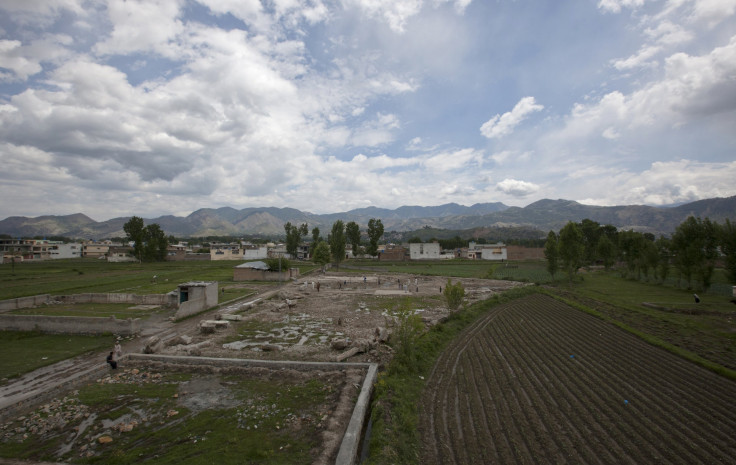CIA Torture Report: Torturing Detainees Did Not Lead The US To Bin Laden

“Enhanced interrogation techniques” employed by the CIA did not contribute in any way to finding and killing Osama bin Laden -- the mastermind of the 9/11 attacks in the U.S. -- according to the Senate Intelligence committee report released Tuesday.
The report, which detailed the findings of a five-year investigation into the agency’s interrogation practices, claimed that information that eventually led to the raid that killed bin Laden had either been obtained outside of CIA’s interrogation and detention program or prior to detainees being held by the agency.
The investigation by the Senate Intelligence Committee found that Hassan Ghul, a Pakistani al Qaeda operative who was captured in Iraqi Kurdistan and handed over to the CIA in January 2004, had provided substantial information about a courier connected to bin Laden. However, the report said, the information “was acquired from Hassan Ghul prior to the use of the CIA's enhanced interrogation techniques.”
“Information in CIA records indicates Hassan Ghul was cooperative prior to being subjected to the CIA's enhanced interrogation techniques. In an interview with the CIA Office of Inspector General, a CIA officer familiar with Ghul's initial interrogations stated, ‘He sang like a tweetie bird. He opened up right away and was cooperative from the outset,’” the report said.
The information provided by Ghul included crucial intelligence on Abu Ahmed al-Kuwaiti -- the courier who was bin Laden’s only link to the outside world while the latter was living in Abbottabad in Pakistan. Moreover, the report added, “CIA detainees who were subjected to the CIA's enhanced interrogation techniques withheld and fabricated information about Abu Ahmad al-Kuwaiti.”
“Detainees provided fabricated information on critical intelligence issues, including the terrorist threats which the CIA identified as its highest priorities,” the report alleged.
As an example, the report gave the name of Ammar al-Baluchi, who, the CIA said, in a statement released in response to the report, was the first detainee to reveal that al-Kuwaiti was bin Laden’s courier. The Senate committee investigation found that under “enhanced interrogation,” al-Baluchi had provided inaccurate information about al-Kuwaiti and bin Laden’s whereabouts.
The Senate report also pointed out that the CIA was already collecting information about al-Kuwaiti since 2002, “prior to any reporting on Abu Ahmad al-Kuwaiti from CIA detainees.” This finding directly contradicted the CIA's claims over the effectiveness of its interrogation techniques, according to the report.
Briefings by several senior CIA officials, including former director Leon Panetta, “indicated that CIA detainee information -- and the CIA's enhanced interrogation techniques -- played a substantial role in developing intelligence that led to the UBL operation. The testimony contained significant inaccurate information.”
The report also contained references to internal communications within the CIA showing that many within the agency had questioned the authenticity of the information extracted from the detainees.
“Detainees provide few actionable leads, and we have to consider the possibility that they are creating fictitious characters to distract us or to absolve themselves of direct knowledge about Bin Laden,” CIA officials said in a document dated Sept.1, 2005, cited in the report.
© Copyright IBTimes 2024. All rights reserved.






















